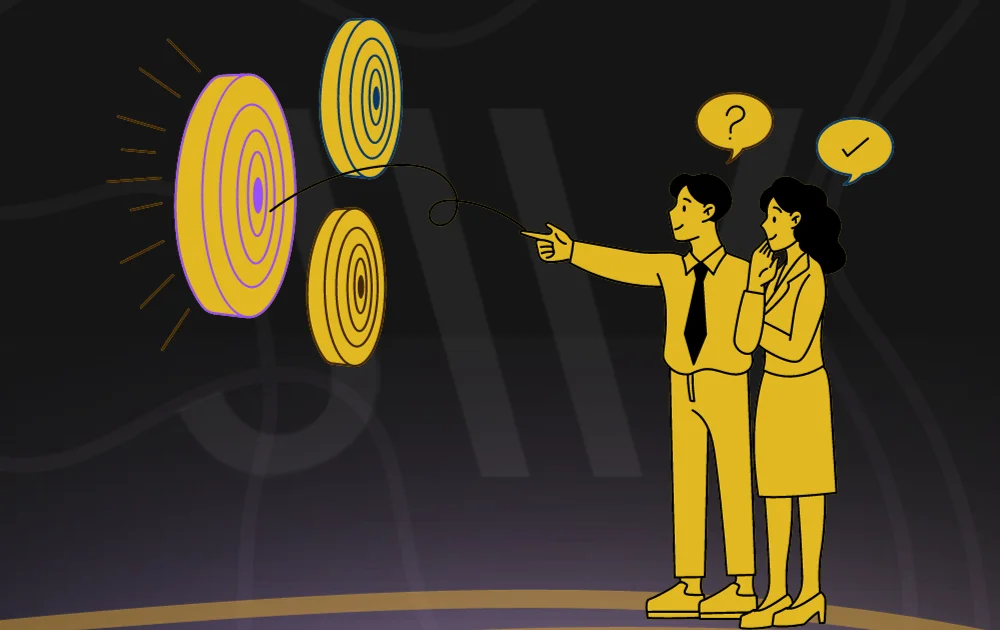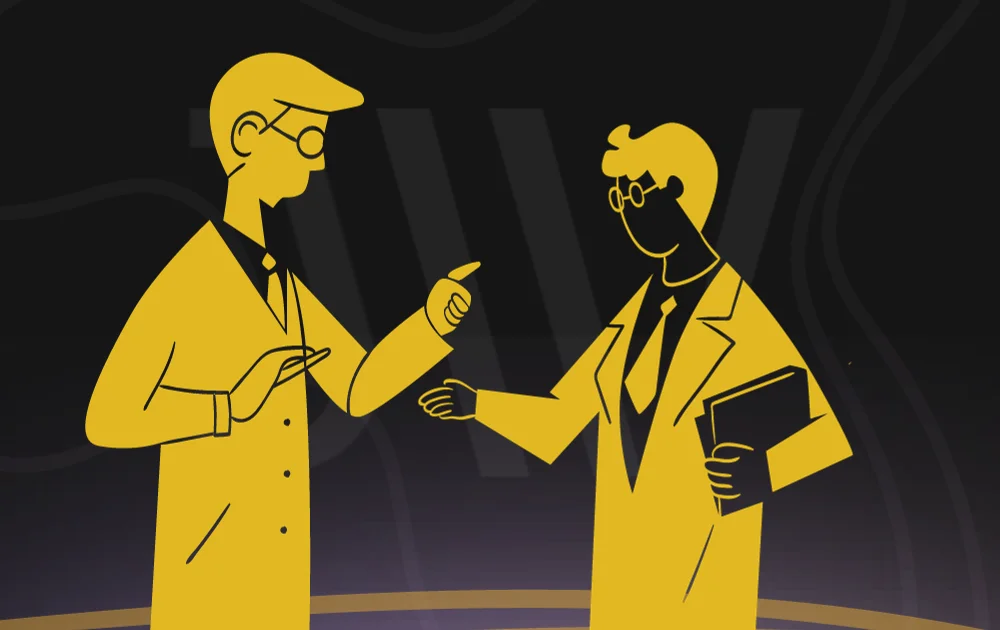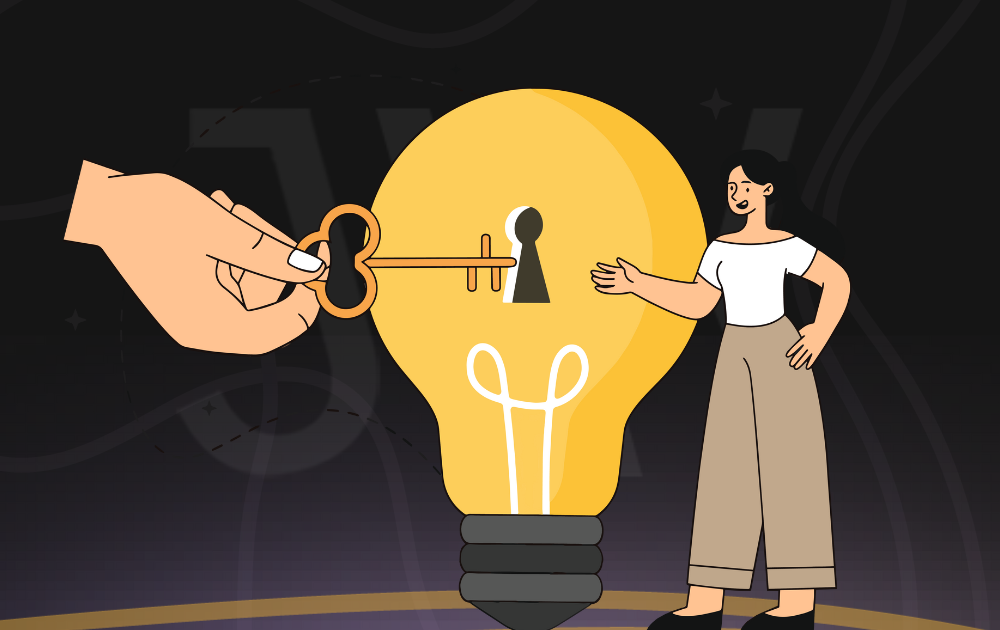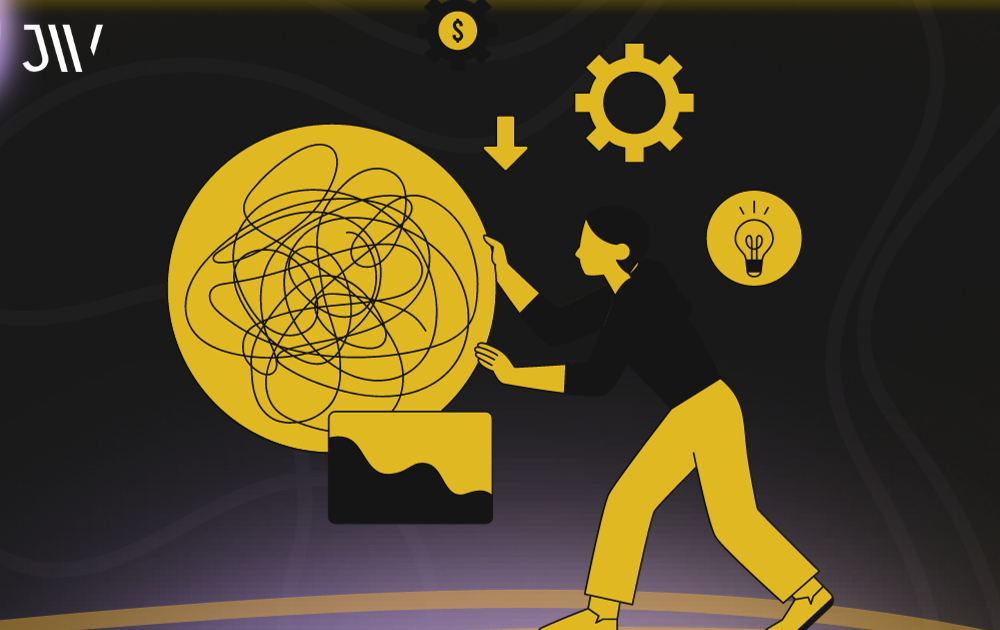Have you ever pondered over the true nature of failure? Have you ever thought about how failure, despite its negative connotations, could be a crucial stepping stone to achieving success? Many people dread failure and view it as an enemy. However, what if I told you that embracing failure could actually unlock the path to your greatest achievements? Take Thomas Edison, for instance. Known for his countless inventions, most notably the electric light bulb, his journey was not without hurdles. In fact, he failed thousands of times before he finally succeeded. Yet, he never viewed these failures as obstacles. Instead, he considered them as steps along his journey to success. His famous quote, “I have not failed. I've just found 10,000 ways that won't work” emphasizes this point. Edison's story serves as a powerful reminder that failure is not the end of the road, but rather a vital part of the journey to success.
According to a study, entrepreneurs who have failed in a prior business venture have a 20% chance of succeeding in their next start-up. Conversely, first-time entrepreneurs have only an 18% chance of succeeding. This data implies that failure may indeed play a significant role in achieving massive growth and ultimate success.
In the subsequent sections, we will further explore why failure should not be feared but embraced. By the end of this journey, you will see failure in a new light – not as a dreaded enemy, but as a valuable ally in the quest for success.
We Learn Our Best Lesson From Failure

It's an undeniable truth that some of life's most valuable lessons are learnt not from our victories, but from our failures. When we fail, we experience a profound sense of disappointment and defeat, feeling as though we've hit a dead-end with nowhere to go. Yet, it's in these moments, when everything seems to be falling apart, that we truly begin to grow and evolve.
One of the most significant ways we learn from failure is by confronting our fears. Many of us are afraid of failing, primarily because society often perceives failure as a sign of weakness or incompetence. However, facing our fears and embracing failure can be a catalyst for success. It's not the failure itself that defines us, but how we react to it. It takes courage to face failure head-on, to analyze what went wrong, and to then make the necessary changes for improvement.
Failure teaches us humility

In our journey to success, failure plays an incredibly significant role, not just in honing our skills and enhancing our knowledge, but also in shaping our character. When we fail, we experience a humbling moment that helps ground us, reminding us of our limitations and our continuous need for growth and development.
As we face and embrace failure, we learn an important lesson about humility: success is often a collective effort rather than a solo performance. Even the most successful individuals didn't reach their milestones on their own; they often had mentors, teams, and supportive networks guiding and assisting them along the way. Humility allows us to recognize and appreciate the contributions of others in our success stories.
Failing Creates Strong, Wise People

Failure, as daunting as it may seem, is a powerful catalyst for creating strong, wise individuals. How does this come about, you might ask? The answer is relatively simple: failure is one of life's greatest teachers. When we stumble, we are presented with an opportunity to learn, grow, and become stronger. This process is not always easy; in fact, it can be quite painful. However, it is through this hardship that we are able to develop resilience, grit, and wisdom.
Consider the process of learning to ride a bike. Most of us don't succeed on our first try. There are countless falls, skinned knees, and perhaps even a few tears. But each time we wipe out, we learn a bit more about balance, momentum, and control. Gradually, we improve, and eventually, we are riding without assistance. The lesson here is that repeated failures lead to eventual success, and in the process, we gain strength and wisdom.
Moreover, failure teaches us to deal with adversity. It is a fact of life that not everything will go according to plan. We will face obstacles and setbacks. However, these experiences can help us develop resilience and emotional strength.
They teach us how to handle disappointment, maintain our composure, and stay focused on our end goal, despite the challenges we face and we learn about our capabilities, our limits, and how to extend them. We discover what works and what doesn't. We become better problem-solvers and decision-makers.
Remember, failure is not the opposite of success, but a stepping stone towards it. The greatest successes often come after numerous failures. So, don't shy away from failure. Instead, embrace it, learn from it, and let it shape you into the best version of yourself.
Failure Can Help You Identify Your Weaknesses and Areas of Improvement

The process of identifying weaknesses through failure isn't just about revealing what we lack. It's also a journey of self-discovery and understanding. It helps us become more self-aware and cognizant of our abilities. It's like a reality check that keeps our ego in check and provides us with a clear perspective. This acknowledgment of our weaknesses, in turn, puts us in a position to work on them and transform them into our strengths.
Failure Can Lead to New Experiences and Opportunities

Failure, although daunting, often opens up the gateway to new experiences and opportunities that would not have been visible or accessible when success was the sole perspective. When we fail at something, it disrupts our status quo and forces us to take a step back, reassess our strategies, and look at the bigger picture. Often, during this period of reflection, we discover new paths and possibilities that we overlooked in our quest for success. Thus, failure serves as a catalyst for the birth of unforeseen opportunities.
In addition, failure also broadens our perspective and enhances our adaptability. When we experience failure, we usually have two options: to give up or to adapt. If we choose the latter, we learn to navigate through difficult situations, developing a resilience that ultimately makes us stronger. Moreover, our failures expose us to new experiences, both good and bad, which contribute to our personal growth and development.
Moreover, failure often leads to a deeper understanding and knowledge of a subject. When we fail, we are compelled to delve into the depths of the matter to understand what went wrong. This newfound knowledge can often lead to unexpected opportunities. For example, consider a scientist who fails in his original research but stumbles upon a whole new discovery in the process. Hence, failure is not an end, but rather, it’s a new beginning that ushers in a world of unforeseen opportunities.
While failure may be daunting, it is important to embrace it as it can lead to new experiences and opportunities. Without failure, we may remain stuck in our comfort zones, unable to grow and discover new possibilities. Thus, rather than viewing failure as a setback, we should see it as a building block toward success.
Conclusion
Embracing failure is not about celebrating losses but about recognizing their inherent value as stepping stones along the journey to success. It's about adopting a mindset that doesn't flinch at the prospect of failure, but rather views it as an opportunity for growth and self-improvement. When we acknowledge the role of failure in success, we replace fear with courage, enabling us to take the necessary risks that can lead to massive growth.
In essence, failure is not the opposite of success, but part of it. It's the grindstone on which the sword of success is sharpened. So, rather than shying away from it, we encourage you to embrace failure, to learn from it, to grow with it. Let your failures not be roadblocks but stepping stones that guide you on your journey to success. Embrace failure today and unlock a world of growth, opportunities, and ultimately, your version of successes.
